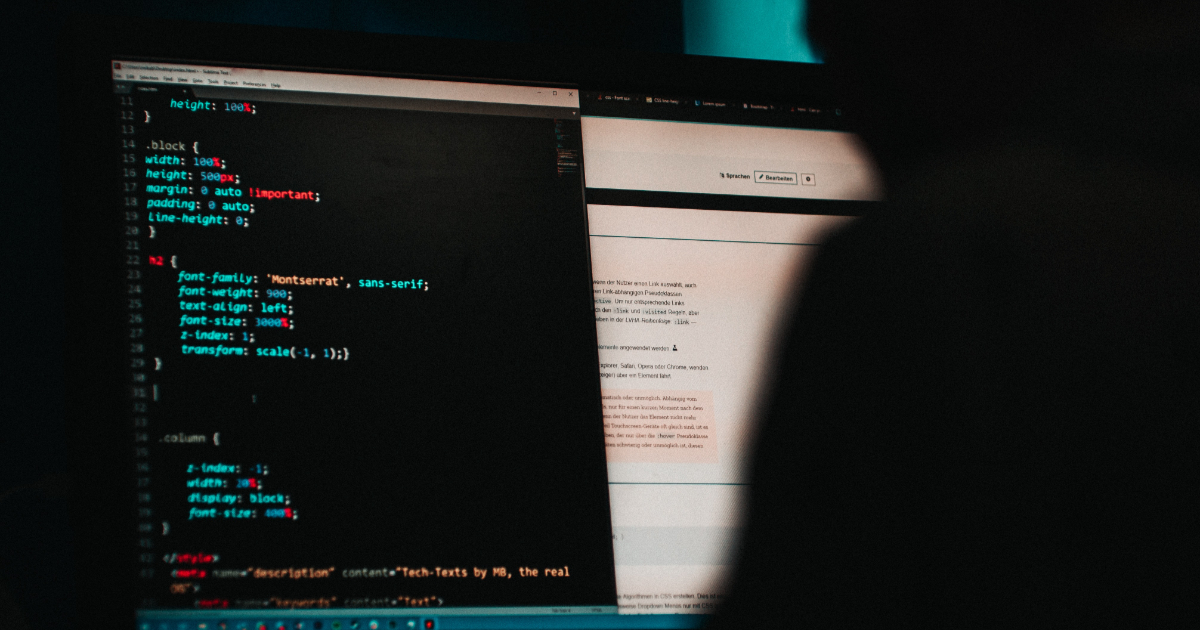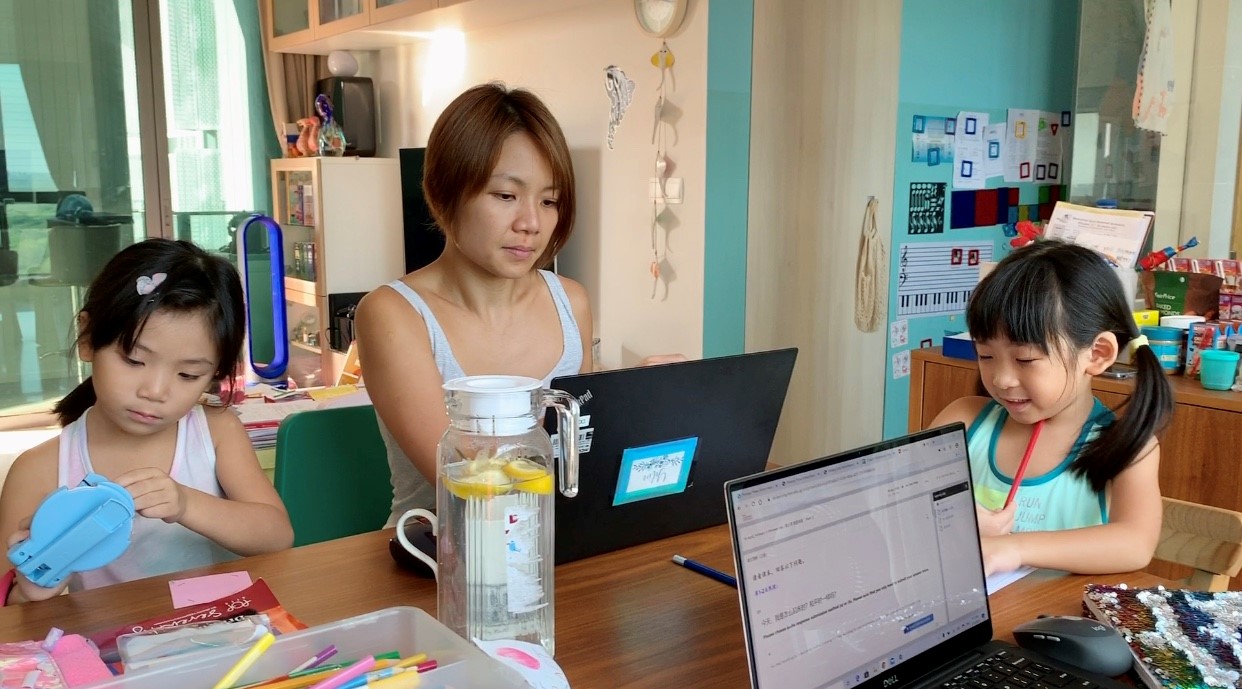The pandemic has accelerated the transition to remote working for businesses across the globe.
What was once “nice to have” for employees and companies has became a “must have” almost overnight, said IT leader Cisco in the Future of Secure Remote Work Report.
According to the same report released by Cisco that surveyed 21 markets and nearly 3,200 businesses, 62 per cent of respondents had more than half of their workforce work from home.

Singapore made the largest shift to remote working in Asia Pacific, ranking the second-highest globally with 77 per cent of organisations here having more than half of their workforce working remotely.
However, a large number of organisations here (48 per cent) do not have up-to-date cybersecurity strategies or solutions in place to cover all of the vulnerabilities posed by full-time remote working.
Increasing Cyber Threats And Alerts In S’pore
Globally, companies saw a rise in cybersecurity threats or alerts during the pandemic as malicious actors tried to take advantage of potential security gaps, with users accessing the corporate network and cloud applications remotely.
For Singapore, 64 per cent of businesses here saw an increase of 25 per cent or more in cyber threats and alerts.
This is slightly higher than the regional and global averages, suggesting that as a nation, we need to step up our cybersecurity efforts.

Furthermore, the top three cybersecurity challenges we face here are maintaining control and enforcement polices (58 per cent), secure access (56 per cent) and data privacy (52 per cent).
Too Many Solutions To Manage, Lack Of Education And Awareness
57 per cent of Singapore organisations said that having too many tools or solutions to manage was the biggest challenge faced in reinforcing cybersecurity protocols for remote working, followed by lack of employee education and awareness (55 per cent).
That said, further education and better security that are simple, easy to use, and work together are needed.
Endpoints are a growing challenge for organisations to protect, as users connect from their home Wi-Fi or use their personal devices to connect to corporate applications.
Over one in two respondents stated that personal devices (56 per cent) and office laptops/desktops (54 per cent) posed a challenge to protect in a remote environment, followed by customer information and cloud applications, both at 44 per cent.

With companies planning to let their employees continue working from home even after the pandemic, they have to prioritise and invest in cybersecurity.
The good news is, 76 per cent of Singapore organisations indicated that the COVID-19 situation will result in an increase in their future cybersecurity investments.
This is a positive finding when compared against the regional average of 70 per cent and global average of 66 per cent.

Moreover, following the shift to remote work, 66 per cent of companies here have increased VPN capacity, 63 per cent has implemented multi-factor authentication and 60 per cent has put in place endpoint protection.
High-Profile Cybersecurity Lapses Over The Last Few Months
With a high internet adoption rate, Singapore faces the highest cybersecurity risk in Asia Pacific. Fortunately, it is also the most prepared to deal with cybersecurity in terms of policies and readiness.
Digital transformation opens up new network entry points, such as cloud, social and mobile, resulting in increased and diverse risks.

Since 2017, cyber attacks have been on the rise in Singapore, with the breaches of Sephora, AXA Insurance, Uber and Red Cross, alongside the leaking of Singapore HIV data and security scares at the Ministry of Defence and Singapore Armed Forces.
In the last few months, several companies in Singapore, such as Grab, ShopBack, Razer and RedDoorz, have been the recent target of data breaches.
This emphasises the need to strengthen our cybersecurity strategies.
What’s Now And What’s Next: Prioritising Cybersecurity
As remote working becomes the future of work, this would likely entail the adoption of various solutions from collaboration to file sharing and networking.
Therefore, it is critical to ensure that security is integrated
across all IT tools.
Furthermore, facilitating remote working with the right protocols and policies is a given.
It seems obvious but worthy of comment that when your HR team or finance team, for example, is suddenly forced to work remotely, the protections and access granted to them as part of daily responsibilities inside the corporate network need to be replicated for a remote setting to
– Cisco in the Future of Secure Remote Work Report
support business continuity.
The acceleration into remote working has caught the bulk of us off-guard.

For many of us, we are working remotely for the first time and some companies were just not prepared for the sudden transition, though a hybrid workplace, that caters to both in-office and remote employees, has been talked about for years.
Many employees were also learning and evolving their work habits in real time. This makes education and awareness more crucial.
Security awareness training became more important than ever, as malicious actors recognised this potential learning gap and have continued to find new ways to capitalise on the unsuspecting.
– Cisco in the Future of Secure Remote Work Report
Featured Image Credit: Unsplash








